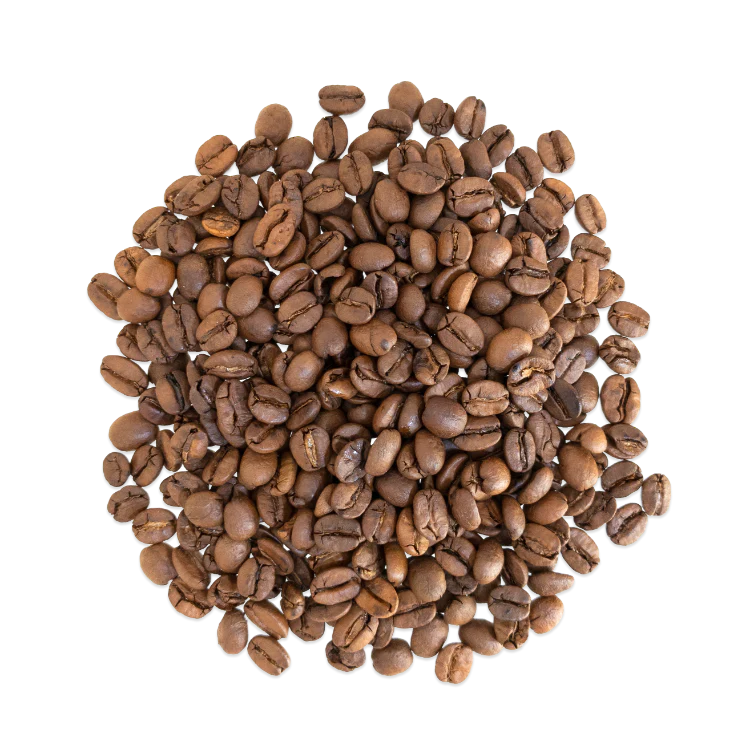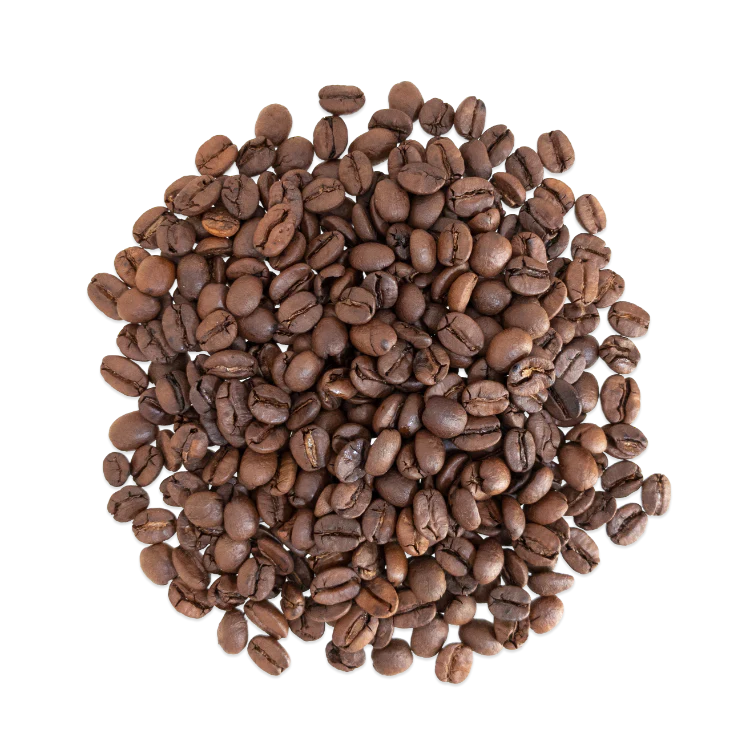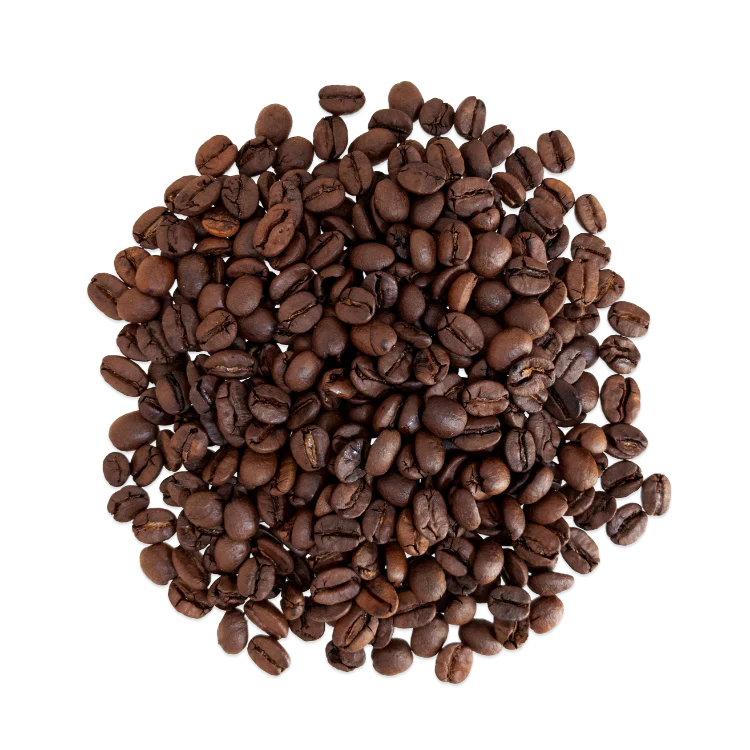I typically drink two to three cups of coffee a day: one right when I get to work at 8am, one about 30 minutes later, and a third one around 11am. My second cup is more like a boost to make me productive. If I don't have my boost I feel groggy, which could be the caffeine addiction ;). My third cup keeps me going until around 2pm, and then I hit a wall and want to take a nap.
If the mid-afternoon crash is something you are familiar with, then there is hope for us! Science says "coffee naps" can help with productivity and keep you going longer throughout the day. No, this isn't a joke. Read on below.
How Do Coffee Naps Work?
Adenosine is a substance that builds up in your brain while you're awake. Once it gets past a certain point, you start getting drowsy and at some point it gets so intense that you need to rest your head and fall asleep. Coffee is like kryptonite and combats the effects of adenosine, which is why it helps you stay awake.
So how does a coffee nap help? Taking a nap will help get rid of adenosine, but as soon as you wake up, you're leaving yourself "exposed" to more buildup of it. So here's the trick.
Caffeine takes about 20 minutes to kick in. So right before you take your nap, drink a cup of joe and then go rest. Don't nap for more than 20 minutes. Anything longer can lead to sleep inertia. If you time it correctly, you'll wake up right when the caffeine starts to kick in and your adenosine is at it's lowest.
The Science Behind Coffee Naps
One study from Japan gave memory tests to subjects who had taken coffee naps vs regular naps. Guess which group did better? Article.
Scientists in England tested this theory as well, evaluating the driving abilities of those who either took a coffee nap, drank coffee, drank a placebo (decaf), or just napped for fifteen minutes. Those who coffee napped were the clear winners. Article.
In another study, researchers wanted to see whether or not coffee naps could sustain a person throughout a 24 hour period of no-sleep. They used two groups, each of which were allowed to take naps throughout the day instead of sleeping the usual 8 hours. One was given coffee before naps, the other a placebo. The placebo group received lower scores on cognition tests than the other group. Article.
Following The Science
It's pretty clear that taking a nap can help with grogginess, but adding coffee seems like a no-brainer considering the additional benefit of keeping you focused, awake, and alert. So the next time you stop by our cafe looking for me, I'll be in the back taking a coffee nap to combat my 2pm crash!









